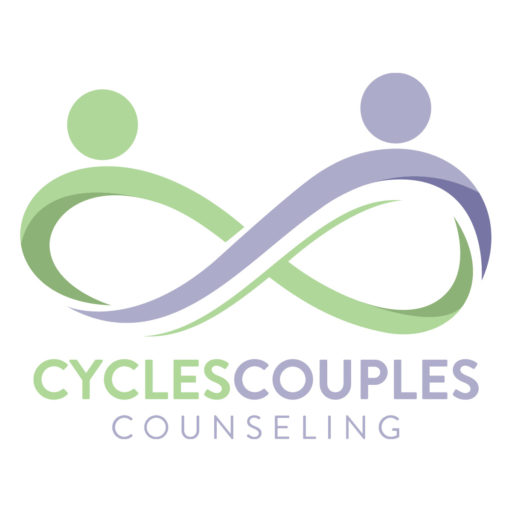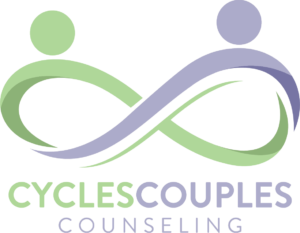Is it over yet??
We get it. No one looks forward to counseling. It’s kind of like going to the dentist’s office—necessary to stay healthy, but not exactly appealing.
How long do we need to do this?
When can I be done?
What’s the typical number of sessions required?
Short Answer.
Whenever you want to stop! Except for cases mandated by the court of law, counseling is completely voluntary. You can decide to terminate at any time.
Rarely is therapy effective for those who don’t want to be there. You get to decide how much help you want and when you want to work.
But, what’s effective?
It depends.
With Emotionally Focused Therapy there are many factors at play that can affect the therapy timeline. Each couple or individual has a unique set of needs. Your therapist will work with you to create a plan to reach your goals.
What affects therapy length?
Let’s explore some of these factors to give you a more accurate personalized picture of your therapy journey.
Emotional expression
Do you have good words for your feelings? Can you easily label and identify your emotional experience and share it with others?
If so, therapy might go a little quicker for you. Clients who have a high emotional intelligence tend to be able to more quickly understand and organize their experience to make the necessary changes.
Do you struggle to understand why you feel certain ways? Do you find it difficult to find the right words to depict your experience?
If so, therapy will be very helpful for you! You’re in the right place. A therapist’s job is to help you build the skills to do this more quickly and easily. Clients who have difficulty describing these experiences may require a slower pace at first in order to understand and recognize their emotions. Of course, eventually you’ll be at a place to breeze through this type of expression.
Trauma
Bravo! You’re ready to begin healing. That’s one of the bravest decisions you could make.
Clients who are trauma survivors are some of the most resilient people. However, in order to survive that trauma, most people have had to buff up their security system to stay safe. This means they may be sensitive to a variety of triggers that could happen in therapy.
When trauma is around, slow and steady wins the race.
Willingness
Ambivalence is not obstinacy. It is totally acceptable to come to therapy undecided of what outcome you’d like. A therapist will help you to slow down and identify factors that may impact your decision-making and discuss them with your partner.
However, as stated before, counseling is generally pretty ineffective for people who do not want to be there and are not motivated to change. If you feel firmly that you do not want to be in therapy, as we’d imagine, it wouldn’t be as quick and productive as your partner may hope for.
If this is the case, your therapist will help you understand and articulate the barriers to participation you have, and help your partner receive this information. A couples therapist’s ultimate goal is honest, emotional conversations, not necessarily preventing divorce and making rainbows.
Active Addiction/Ongoing Affair
As you might imagine, if you are struggling with an active substance use issue or an ongoing relationship outside your marriage, therapy eventually reaches a ceiling. A therapist can help you to name the benefits of this behavior and express the barriers to change. Therapists can also aid in identifying the effects this has for your and your relationships.
While this is not to say you can’t benefit from counseling, it is often difficult to help you achieve your goals as quickly as possible when you’re in the grips of a competing attachment. When most of your focus is on a substance or another person, it will be challenging to improve yourself or your relationship to its utmost potential.
Mental Status
A final factor that could affect the length of your therapy is your mental health. While healthy individuals are able to emotionally engage in the therapeutic process, those struggling with a mental disorder might need some extra assistance navigating their expression and understanding.
A therapist will help you to work around the barriers your mental status presents, and find a way to stay connected and present with your inner experience and your partner. Everyone can engage in therapy, for some people this may just look a little different.
Therapy is customized to you.
You and your relationships are unique and special. Your counseling experience should reflect this. One size fits all treatment will rarely be effective. It’s important to adjust and be flexible as you navigate your healing. This should an ongoing conversation for everyone involved in the therapeutic process.
If you want to know more about what therapy structure and duration might look like for you, give us a call for a free phone consultation!
Learn more about Couples Therapy in California.

